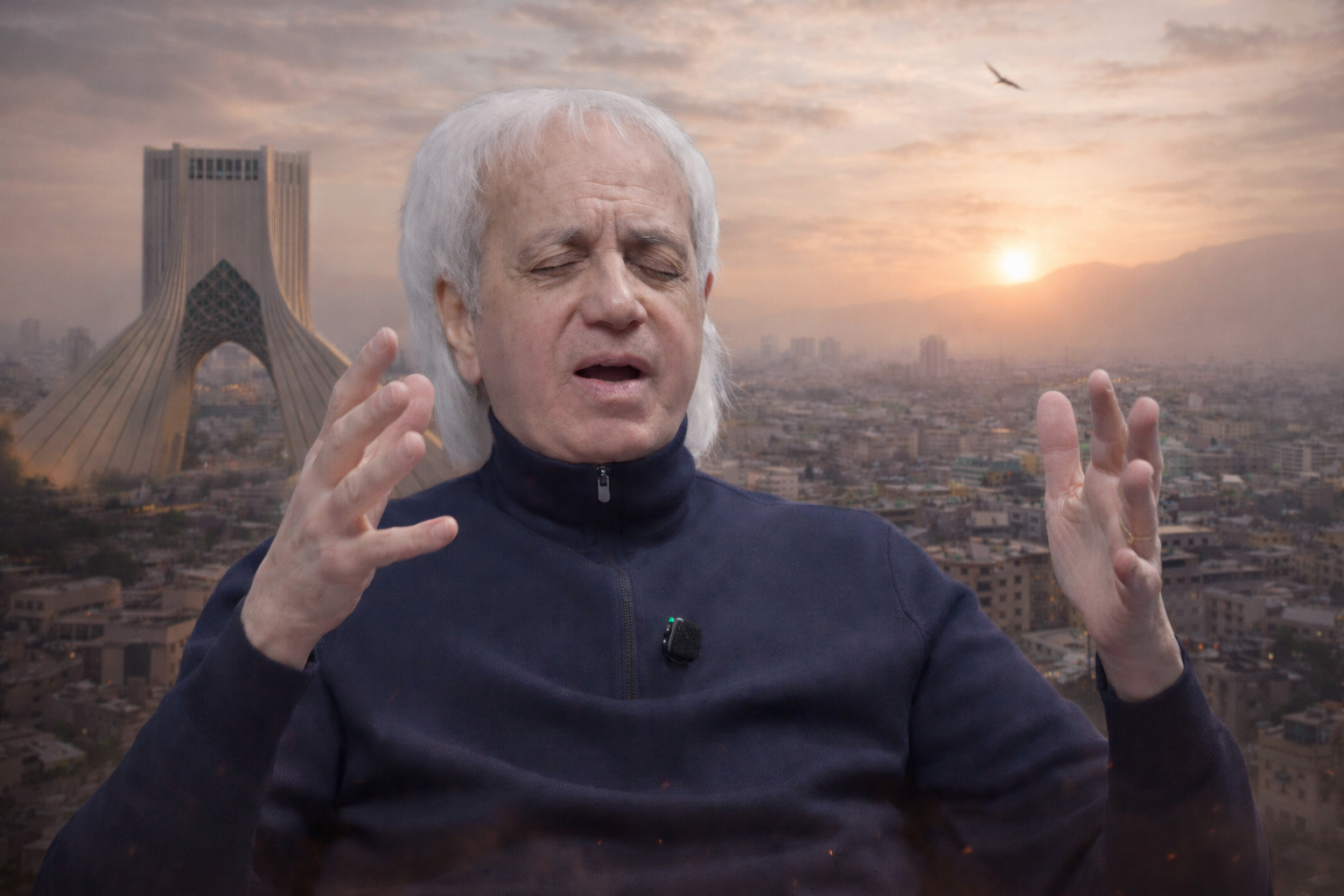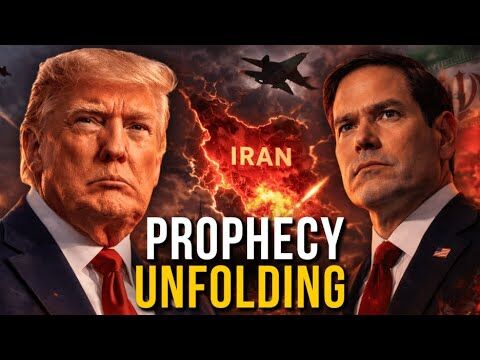Two Christian evangelists in Dar es Salaam, Tanzania, have been arrested
after Muslims invited them to debate religion but instead called in security
agents who charged the evangelists with illegal preaching.
Anglican
evangelists Eleutery Kobelo and Cecil Simbaulanga, released on bail and facing a
hearing on Feb. 11, told Compass that Christian and Muslim groups organized the
inter-faith debate that was planned for a neutral venue in October of last year
in the Kariakoo area of Dar es Salaam.
Kobelo said no
Muslims showed up at the debate until Islamists arrived with government security
agents who charged them with “using religious sermons to incite Muslims and
Christians into viewing each other with suspicion.”
“This continuous
intimidation by the Muslims using the police is worrying us,” he said.
Kobelo and
Simbaulanga were in jail for seven days before they were released on bail on
Oct. 27. At press time charges of unlawful assembly had been brought against the
two evangelists and seven other Christians, but it was not clear if the original
charges of inciting religious suspicions were still in
place.
Also arrested
and released last October were Christians Joseph Lima, Shadrack Mwasonya, Festo
Mumba, Erastus Mwarabu, Joseph Mmari, John Chacha, and Daniel Mwakemwa.
Kobelo said he
does not foresee a fair hearing on Feb. 11, but that he cannot afford a lawyer.
“Without legal
representation, it’s a long shot for justice to be done in this matter,” he
said. “It is very difficult for me to raise 500,000 Tanzanian shillings
[US$365] at the
moment.”
Kobelo said he
was seriously concerned about the charge of illegal assembly, which he said
contradicted their rights as citizens; Tanzania’s constitution allows for
freedom of religion and assembly.
Several other
cases against Christians remain before local courts in Tanzania, he said, some
of which have dragged on since 2007. His case will be tried in a court in the
Kariakoo area of Dar es Salaam.
“The message we
are putting across is that we need prayer and advocacy for the sake of our
lives,” Kobelo said.
Simbaulanga told
Compass that Muslims have resorted to using state police to harass Christians
because they have political power. Tanzanian President Jakaya Mrisho Kikwete is
a Muslim.
“We have had
tremendous success in our ministry to Muslims, with thousands of Muslims turning
to Christ,” Simbaulanga said. “So Muslims are trying to stop the movement, but
nobody can stop the gospel.”
Simbaulanga was
imprisoned for 62 days between December 2006 and February 2007 in Kigoma, he
said. Denied bail, he was accused of trying to convert Muslims to Christ and
“abusing Islam” by saying Muhammad had married a young girl. Several cases are
pending against him in different courts, he said, and Muslims are constantly
searching for him.
“Since 1996 I
have always been on the run, trying to save my life,” Simbaulanga
said.
He added that a
family member who preached mainly among Muslims died in prison in 2005 due to a
heart attack as a direct result of police harassment.
“There is a huge
team of very sincere and committed Christians reaching out to Muslims in
Tanzania, and we need lots of prayer, fellowship and financial support,” he
said.
An
estimated 62 percent of Tanzania’s population is Christian and 35 percent is
Muslim, mostly Sunni; other religious groups make up the other 3 percent of the
population, according to the U.S. Department of State.
Police
in the Tanzanian capital of Dodoma stopped two Christian evangelists from
reading excerpts from the Quran in an outdoor event on March 18, 2009, according
to the state department’s 2009 International Religious Freedom Report. Officers
temporarily detained them and released them with a warning not to read the Quran
during sermons to avoid antagonizing the Muslim community.











































